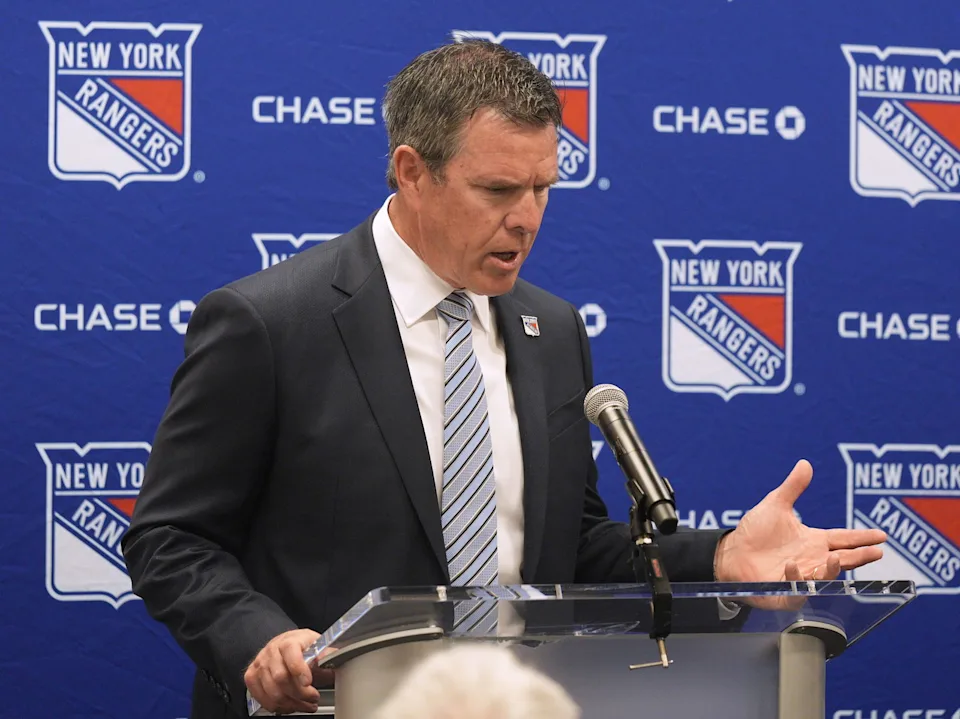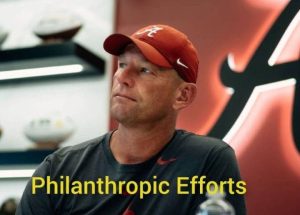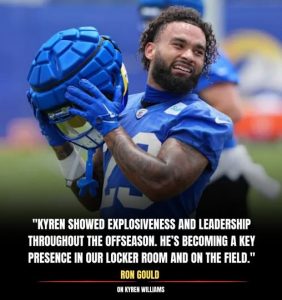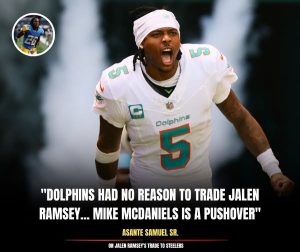
In the high-stakes world of the NHL, head coaches are more than just strategists—they’re culture architects, emotional barometers, and decision-makers whose fingerprints are stamped on every win and loss. Mike Sullivan, the two-time Stanley Cup-winning coach of the Pittsburgh Penguins, is staring down a pivotal moment in his career. After recent seasons filled with inconsistency and missed postseason appearances, the once-dominant Penguins are in search of an identity—and a roadmap back to relevance. If Sullivan is looking for a blueprint to rekindle the fire and guide the Penguins to another championship window, he need not look far. Paul Maurice’s journey to a Stanley Cup Final appearance in 2023 and his championship triumph with the Florida Panthers in 2024 offers a compelling model of leadership, reinvention, and tactical evolution.
Paul Maurice’s coaching career had long been defined by longevity rather than postseason glory. With over 25 years behind the bench and multiple coaching stops, Maurice was often admired but rarely considered elite. That perception changed when he took over the Florida Panthers. Under his leadership, the Panthers transformed from an offensively flashy, defensively loose team into a well-rounded, playoff-hardened machine that played with intensity, unity, and grit. Maurice didn’t just impose a system—he created a culture. And that’s the first major lesson Sullivan can draw from his peer.
Culture wins championships. The Panthers under Maurice became a team that played for each other. Players bought into roles that didn’t always reflect their offensive talents but served the greater good of the team. Superstars like Aleksander Barkov embraced the dirty work. Lesser-known players like Gustav Forsling and Eetu Luostarinen became crucial contributors, not because they were flashy, but because they executed their roles flawlessly. Maurice empowered his group to prioritize team defense, structure, and sacrifice—tenets that used to define Sullivan’s Penguins in their championship years. To follow this model, Sullivan must return to the identity that made Pittsburgh a nightmare to play against: speed, responsibility, and relentless forechecking from all four lines. That starts in the locker room, not just on the whiteboard.
Another key area where Maurice excelled was adjusting his system to fit the personnel at his disposal rather than forcing a rigid style. The Panthers under previous coaches played a wide-open game that didn’t translate in the playoffs. Maurice maintained the offensive instincts but tightened their structure. Florida played a hybrid game—disciplined in their own zone but opportunistic in transition. Sullivan once orchestrated a similar style in Pittsburgh, especially during the 2016 and 2017 Cup runs. But in recent years, the Penguins have relied too heavily on individual brilliance, lacking the cohesion and adaptability necessary to contend. If Sullivan wants to emulate Maurice, he must recalibrate the Penguins’ approach—especially as their core ages—by blending system discipline with creative freedom. That means instilling defensive responsibility into every player, from Sidney Crosby down to the fourth line, while maximizing offensive transition opportunities.
Goaltending also played a pivotal role in Maurice’s championship rise. Sergei Bobrovsky, a perennial enigma in the regular season, turned into an impenetrable force during Florida’s 2023 and 2024 playoff runs. Maurice managed Bobrovsky’s workload masterfully, keeping him fresh for the playoffs while giving backup goalies like Spencer Knight meaningful minutes during the regular season. For Sullivan, the lesson here is twofold: trust in a tandem and plan for the long game. Pittsburgh has long struggled with goaltending consistency. Whether it’s Tristan Jarry, Alex Nedeljkovic, or a future acquisition, Sullivan must develop a rotation that keeps the team competitive but doesn’t burn out his starter by April. Managing the mental and physical state of his netminders is paramount.
Another striking element of Maurice’s coaching that Sullivan could adapt is his emotional intelligence. Maurice connected with his players on a human level. His post-game speeches, press conferences, and behind-the-scenes glimpses revealed a coach who was as emotionally invested as his players. He was calm when needed, fiery when warranted, and always authentic. That authenticity bred trust. It’s no secret that NHL locker rooms are shifting—today’s players respond better to collaborative coaching than dictatorial leadership. Sullivan, who is known for being intense and demanding, might benefit from softening the edges when needed. It doesn’t mean compromising standards; it means recognizing the power of communication and empowerment in building a committed locker room.
Maurice’s roster construction also serves as a lesson in balance. He worked closely with the front office to ensure depth at every position. Florida didn’t just rely on top-end talent; they had rugged defensemen, speedy bottom-six forwards, and utility players who could play up and down the lineup. Pittsburgh, in contrast, has often suffered from top-heavy rosters, over-relying on aging stars while lacking the depth needed to compete in today’s NHL. Sullivan must work with GM Kyle Dubas to advocate for balanced lineups. That means embracing youth, trusting role players, and resisting the temptation to lean exclusively on Crosby, Malkin, and Letang.
In addition, Maurice implemented a relentless physical identity. The Panthers weren’t just skilled; they were punishing. They wore opponents down over seven-game series. They hit hard, they blocked shots, and they didn’t back down. Sullivan’s Penguins used to have that edge—remember Patric Hornqvist, Ian Cole, and Nick Bonino? But that snarl has faded. To succeed in the postseason grind, Sullivan must help Pittsburgh rediscover its bite. That could mean bringing in heavier bottom-six players, instilling a more aggressive penalty kill, or simply holding his players accountable for physical intensity. The Stanley Cup isn’t just won with skill; it’s claimed through attrition.
Then there’s player development—an underrated component of Maurice’s blueprint. Under his guidance, players like Anton Lundell, Brandon Montour, and Carter Verhaeghe blossomed into stars or high-level contributors. Maurice gave them responsibility, trusted them in big moments, and allowed them to learn through experience. Sullivan has sometimes been hesitant to give young players long leashes, opting instead to default to veterans. If the Penguins are to transition into their next era while remaining competitive, Sullivan must embrace youth development. Prospects like Brayden Yager or Valtteri Puustinen must be integrated, trusted, and given real chances to grow—not just fill-in roles when injuries strike.
Finally, the most intangible lesson Sullivan can draw from Maurice is belief. The Panthers were not the betting favorites. They didn’t have the best regular season. But they believed—deeply—in their system, in each other, and in their coach. That belief carried them through series after series, culminating in a championship. Pittsburgh needs that same spark. They need to believe again. And that belief starts at the top.
Mike Sullivan is no stranger to championships. He’s one of the most accomplished coaches of the salary cap era. But every coach must evolve. Every dynasty, to survive, must adapt. By looking at what Paul Maurice did in Florida—redefining team identity, managing players with care and conviction, and creating a culture that balanced grit with grace—Sullivan has a clear and modern framework to follow.
The Penguins aren’t far off. They have elite talent, a smart front office, and a coach with a winning pedigree. But if Sullivan wants to guide Pittsburgh to one more moment of glory, he must be willing to embrace the lessons of the present. Paul Maurice showed the hockey world that even after decades in the league, reinvention is not only possible—it’s necessary.
Mike Sullivan’s next great coaching chapter is waiting to be written. Whether it ends in champagne and confetti depends on whether he can evolve his methods, reconnect with his locker room, and steer the Penguins toward a new, unified purpose. The path is there. The blueprint is clear. Now it’s time to build.





